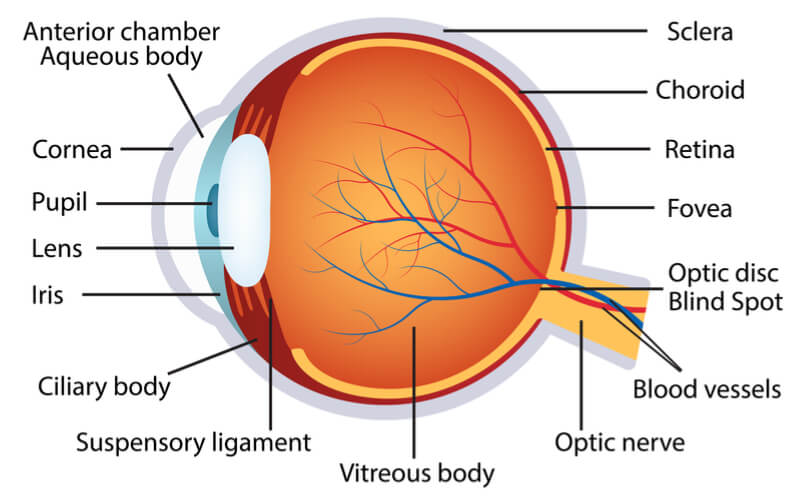Newsletter Signup - Under Article / In Page
"*" indicates required fields
The big US biotech Biogen has agreed to acquire Nightstar Therapeutics for €773M ($877M), including Nightstar’s candidate gene therapies for inherited blindness.
Expected to be complete by mid-2019, Biogen’s acquisition of Nightstar bags it the UK company’s most advanced program. Currently in phase III, the therapy targets choroidemia, an incurable genetic condition which causes progressive blindness.
Nightstar’s approach for treating progressive blindness is to inject the retina with a viral vector carrying a healthy copy of the mutated gene responsible for the condition. As part of the deal, Biogen also gets Nightstar’s second most advanced gene therapy, currently in a phase I/II trial, which targets X-linked retinitis pigmentosa.
“Ophthalmology is an emerging growth area for Biogen,” the company’s CEO, Michel Vounatsos, stated. “Nightstar would accelerate our entry into ophthalmology by contributing two mid- to late-stage gene therapy assets.”
With the acquisition, Nightstar gets access to Biogen’s considerable resources to help advance and expand its gene therapy programs, with several at the preclinical stage.

Gene therapies for hereditary blindness have gathered a lot of interest lately following the success of Luxturna, developed by the US company Spark Therapeutics, which was approved by the EMA late in 2018. Many other companies are hoping to use similar technology to target a variety of different genetic eye conditions.
The French companies Horama, GenSight and Eyevensys all have their eyes on gene therapies for genetic blindness. Gensight has been tackling Leber hereditary optic neuropathy; Horama is eyeballing retinitis pigmentosa; and Eyevensys is working on several hereditary blindness conditions using a gene therapy that is virus-free, instead using a technique called electrotransfection.
This acquisition isn’t Biogen’s first foray into ophthalmology. It recently terminated its development collaboration with the US gene therapy company Applied Genetic Technologies Corporation after a failed phase I/II trial for the progressive blindness condition X-Linked Retinoschisis.
Image from Shutterstock






